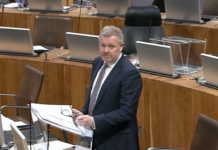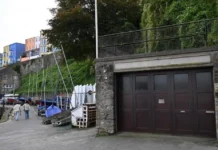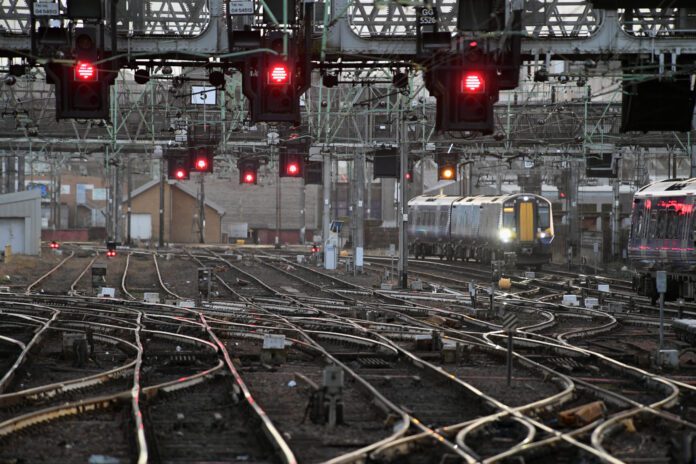
- Rail industry responds to “premature” RMT ballot announcement, saying the dispute is about no one sector “taking more than its fair share” of scarce public resources and calling on RMT to talk, not strike
- Says delivering long-overdue and much needed reforms which will improve passenger experience while safeguarding the future of the railway
- Makes it clear that while disruption will be inevitable if industrial action takes place, train companies will do all they can to keep as many people and goods moving as possible
Responding to the RMT’s successful ballot for industrial action, the rail industry has set out why reform is necessary to securing the long-term future of the railway, having received over £16bn since the beginning of the pandemic to keep the railway running and passenger numbers dropping to 4% overnight.
This huge sum – equating to nearly £600 per household – leaves taxpayers out of pocket. With passenger numbers at around 75% of pre pandemic levels and many travel patterns changing for good, the government cannot continue to commit to increased levels of funding for the industry indefinitely.
Any industrial action organised by the RMT leadership risks disrupting passengers, damaging the economy and hitting recovering business. Train companies have already been working hard to put in place contingency plans and will do all they can to keep people and goods moving in the event of industrial action.
Commenting on the ballot announcement, Rail Delivery Group Chair, Steve Montgomery said:
“Our railways must adapt to attract more passengers back and reduce our running costs. It is not fair to ask taxpayers to continue to shoulder the burden when there are other vital services that need public support.
“Nobody wins when industrial action threatens to disrupt the lives and livelihoods of passengers and businesses and puts the industry’s recovery at risk. We urge the RMT leadership to behave responsibly, and to talk to us to find a way to avoid damaging industrial action and secure the long-term future of the industry.”
On pay, RDG Chair Steve Montgomery said:
“Every business wants to support its staff and the railway is no exception. All train operators want to offer their staff a pay rise and are working hard to make that happen. But, as an industry, we have to change our ways of working and improve productivity to help pay our own way – the alternatives of asking taxpayers to shoulder the burden after government has contributed over £16bn to the industry during covid or asking passengers to pay even higher fares when they too are feeling the pinch, simply isn’t fair.”
The ending of franchising and a move to a new contracting approach by the Government gives a unique opportunity to build a simpler, better railway that supports the country’s economic recovery and drives growth and prosperity in every part of Great Britain. Prolonged industrial action would put the economic recovery at risk.
Help keep news FREE for our readers
Supporting your local community newspaper/online news outlet is crucial now more than ever. If you believe in independent journalism, then consider making a valuable contribution by making a one-time or monthly donation. We operate in rural areas where providing unbiased news can be challenging. Read More About Supporting The West Wales Chronicle


























